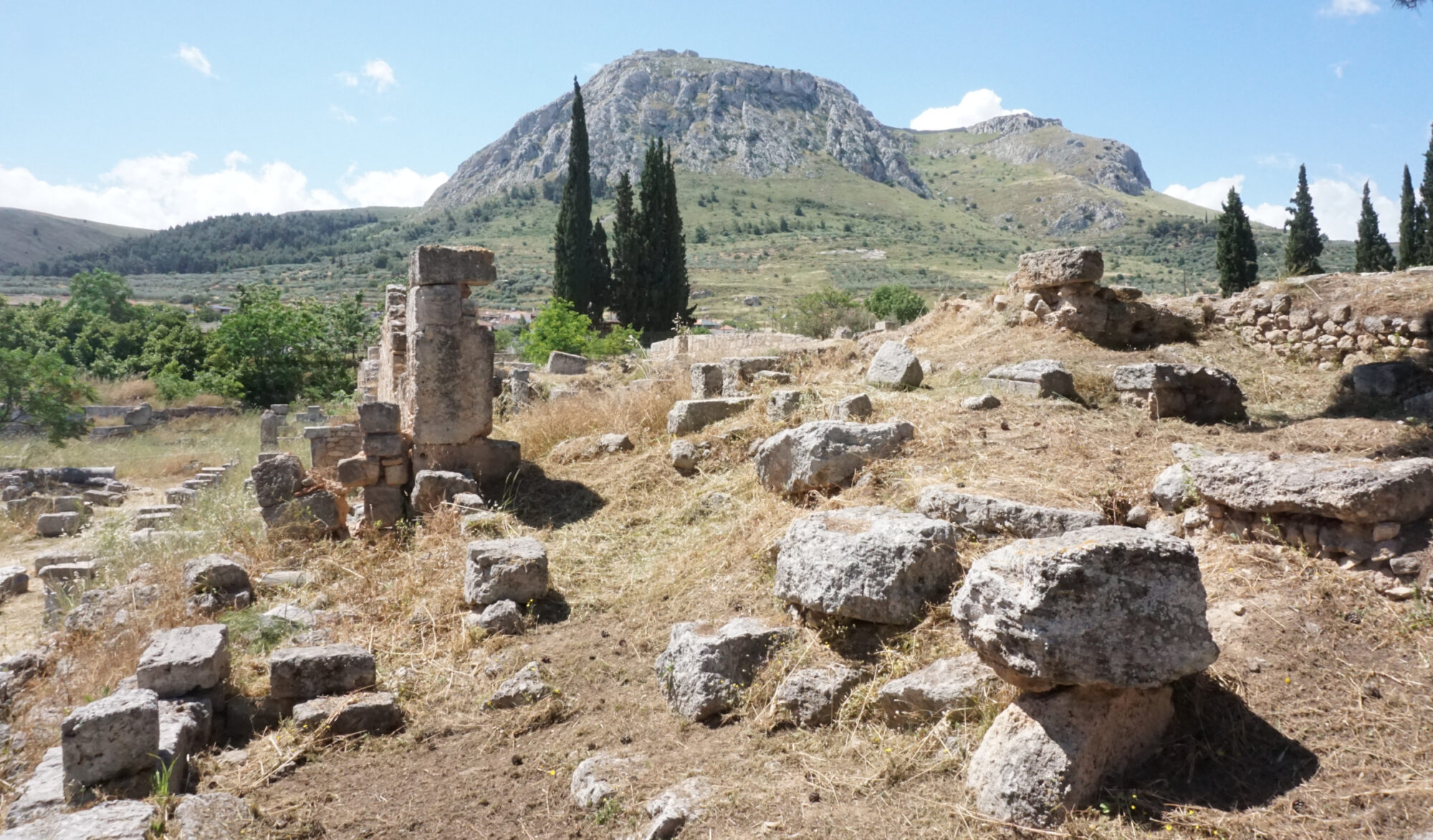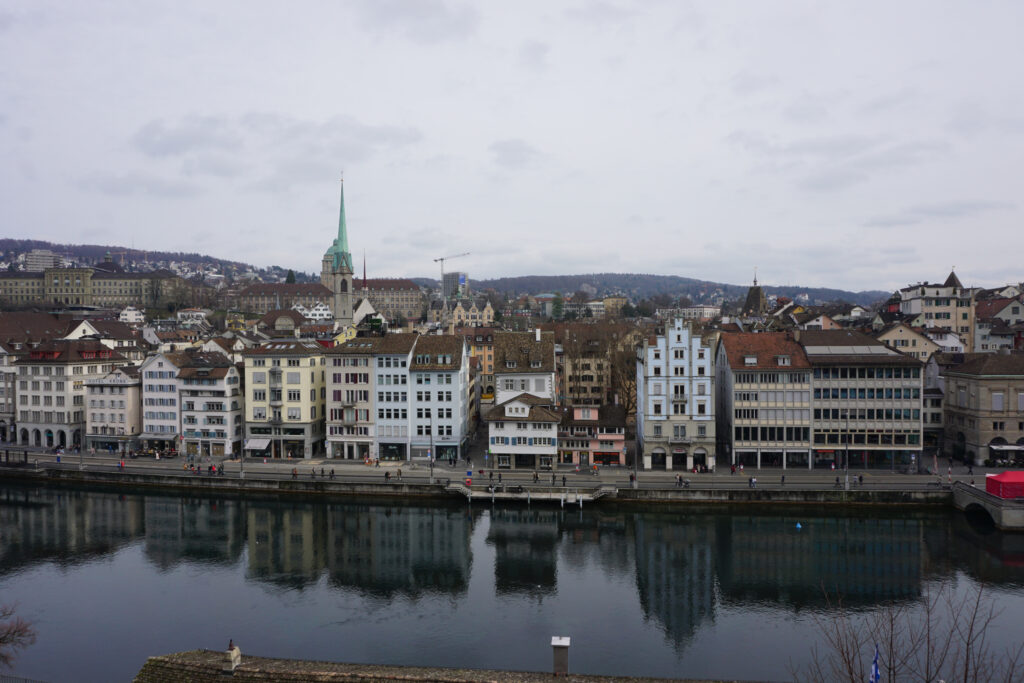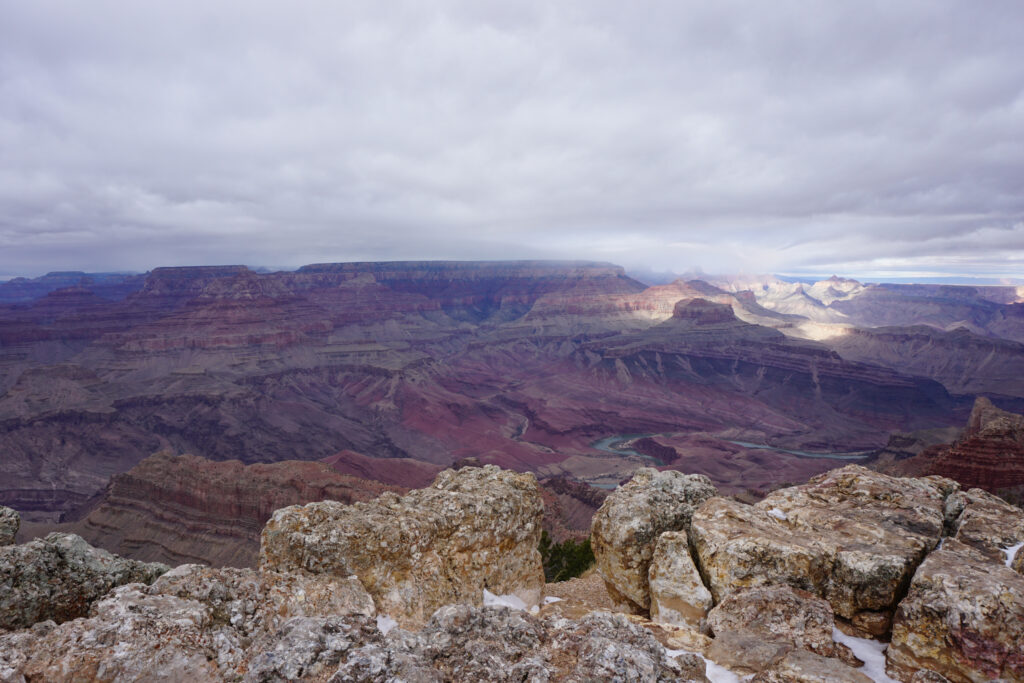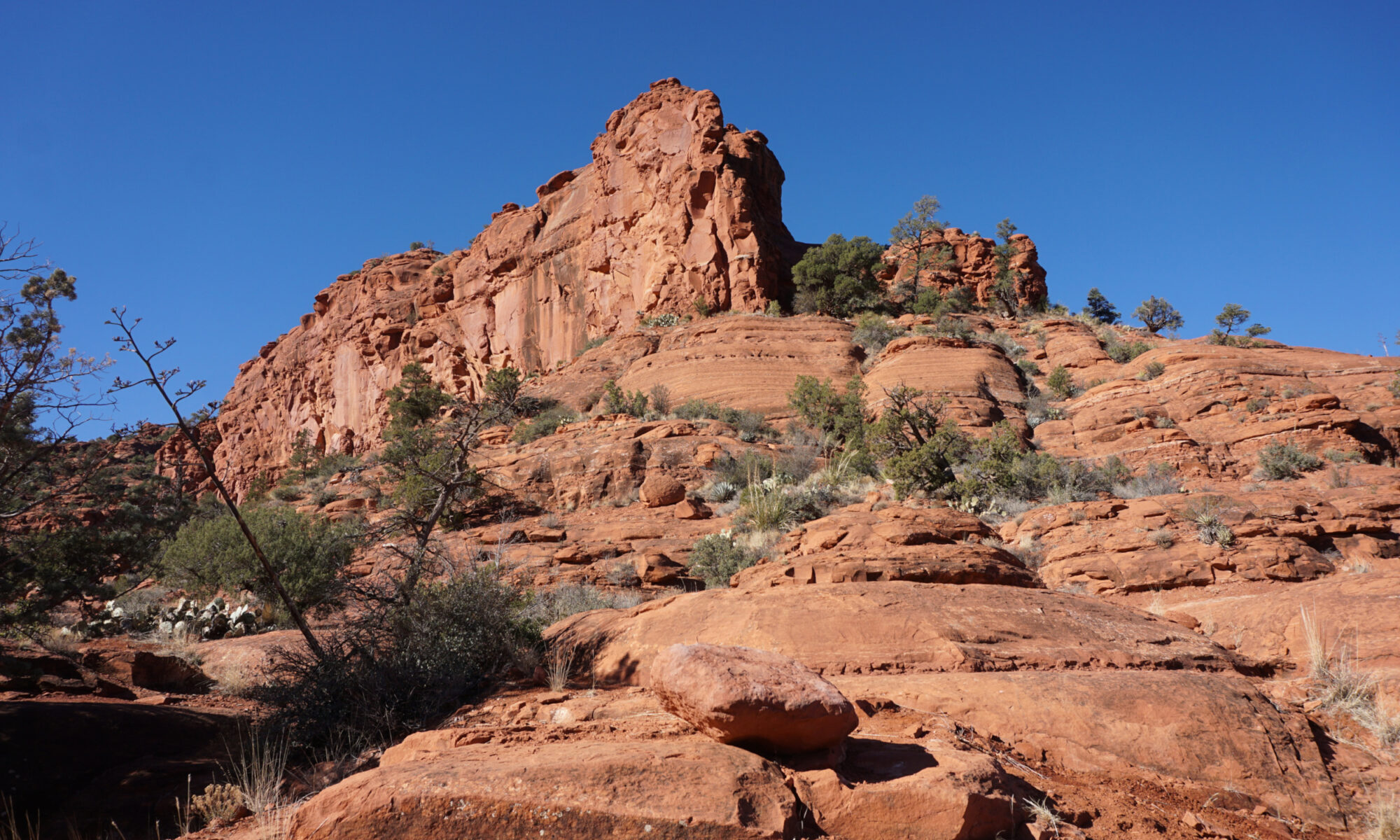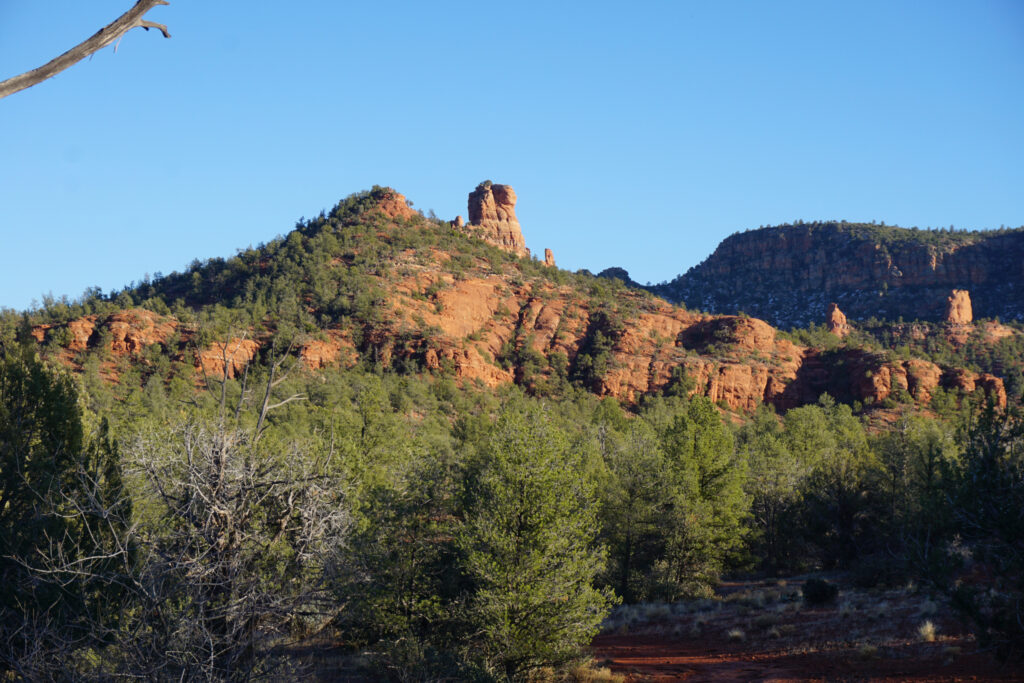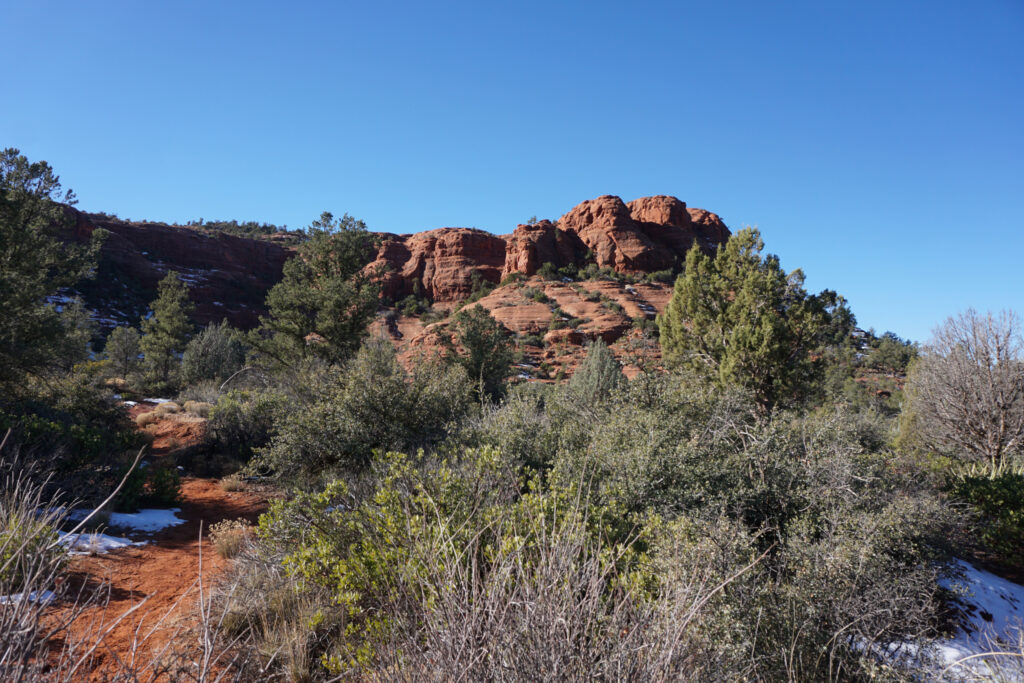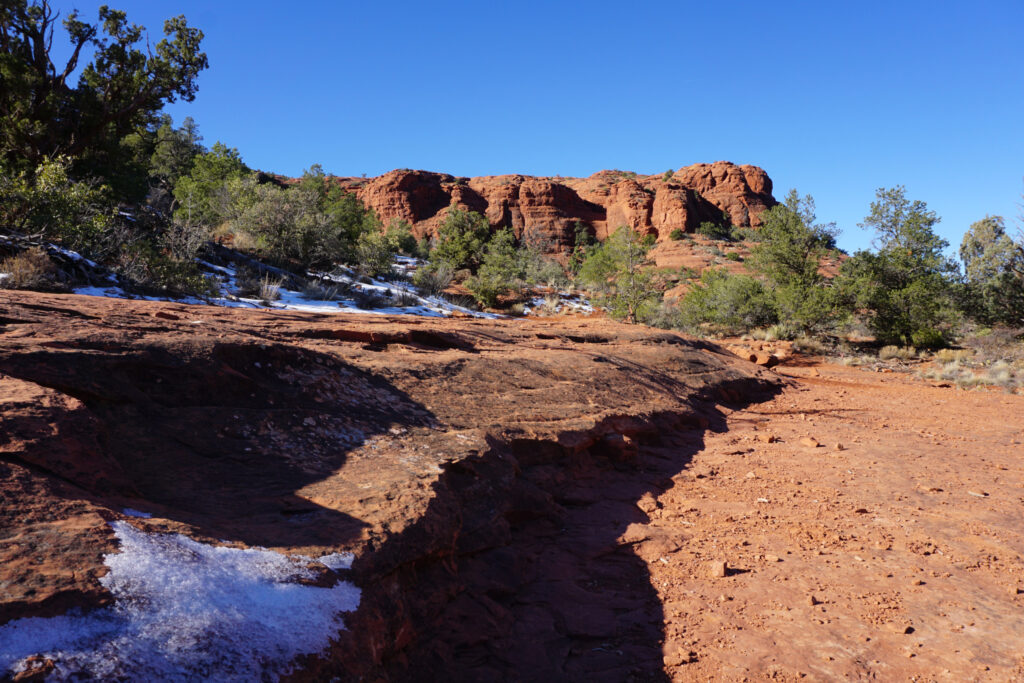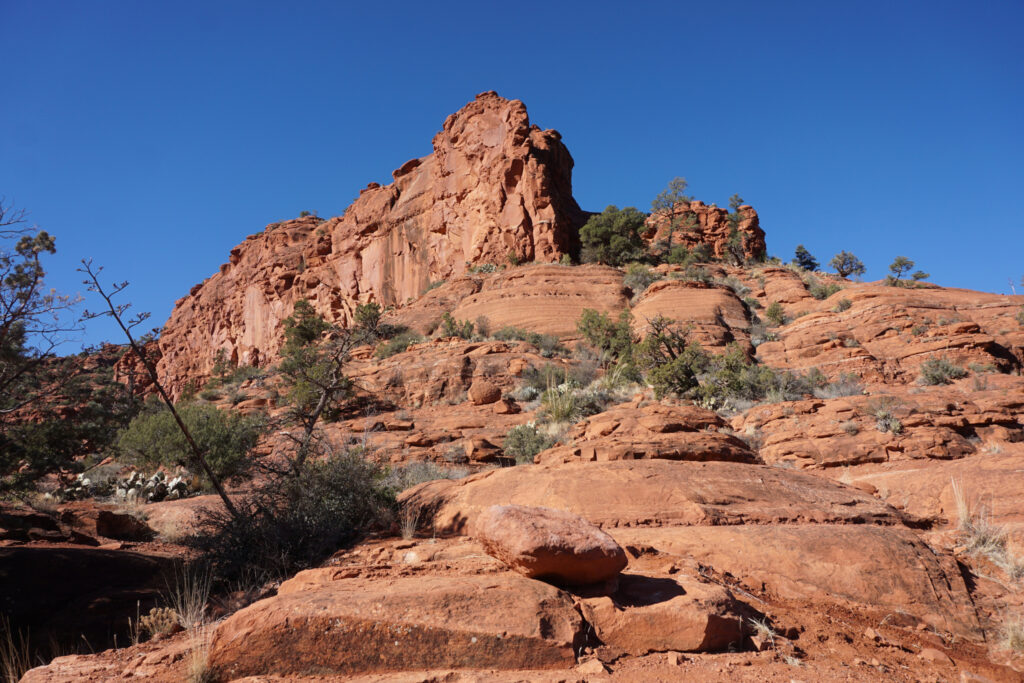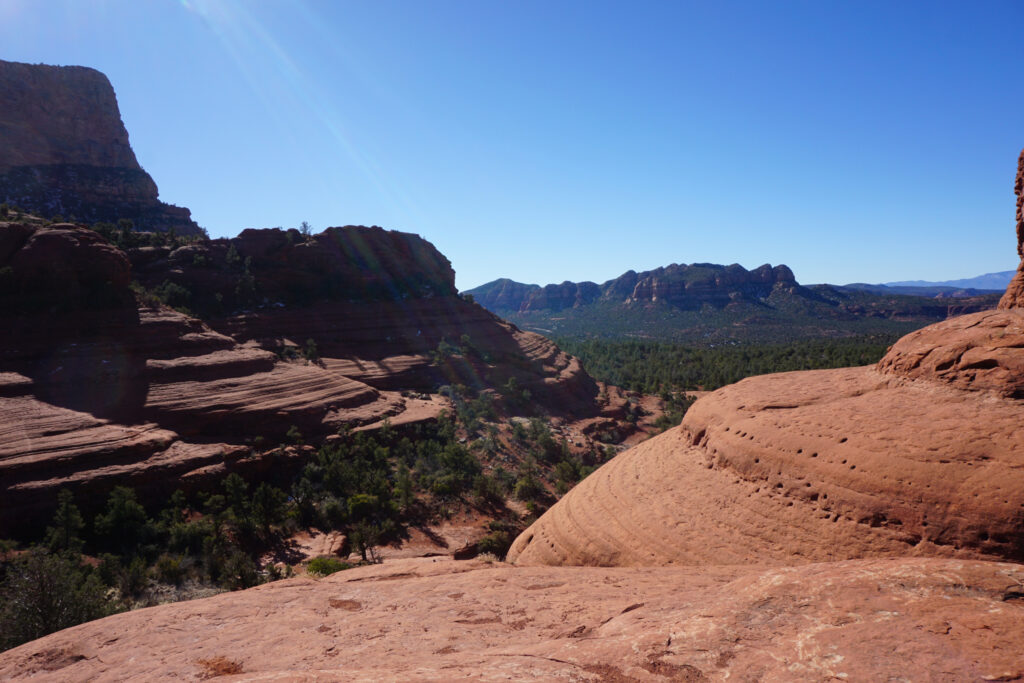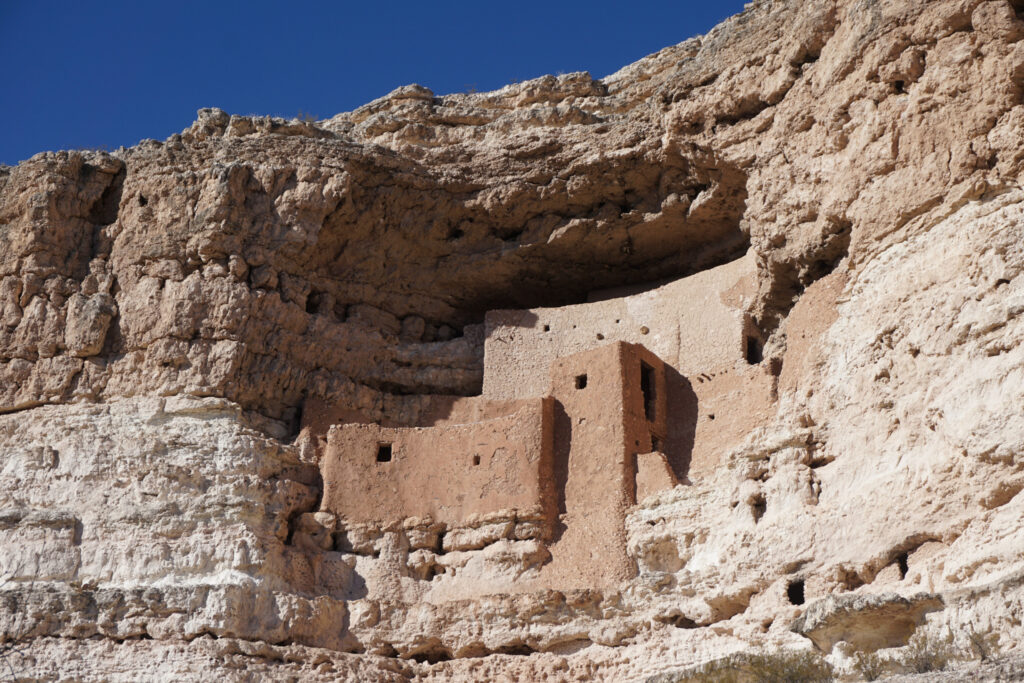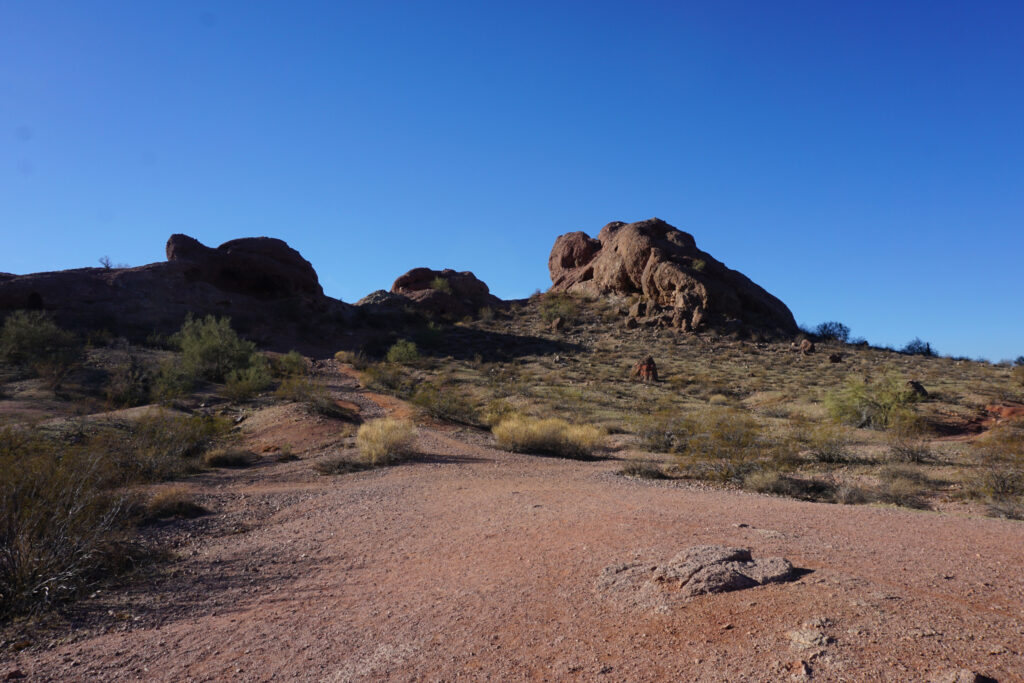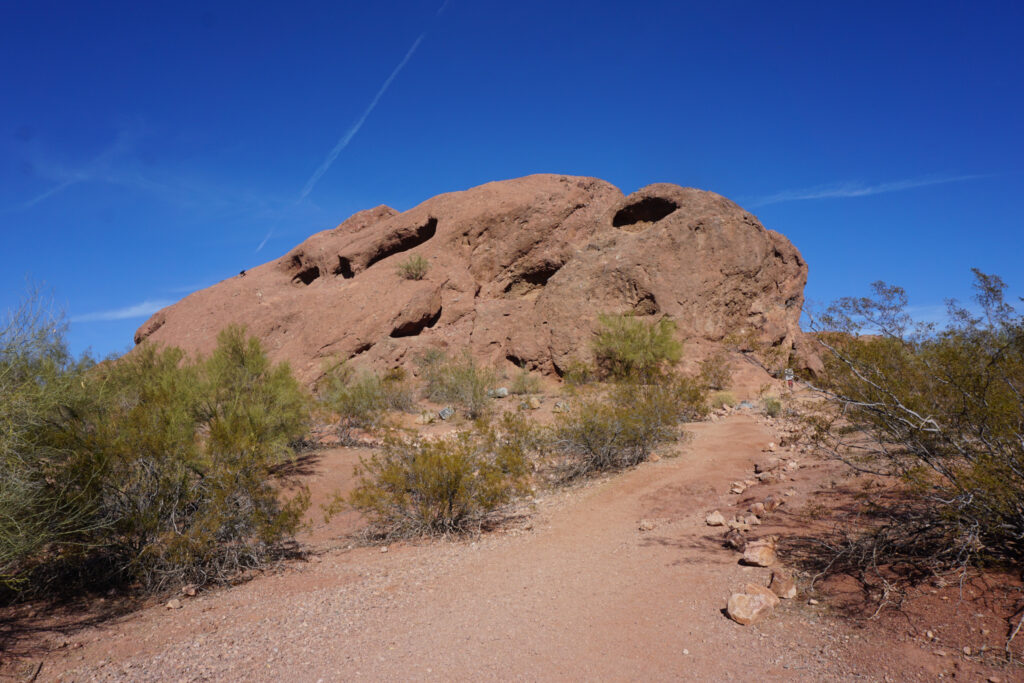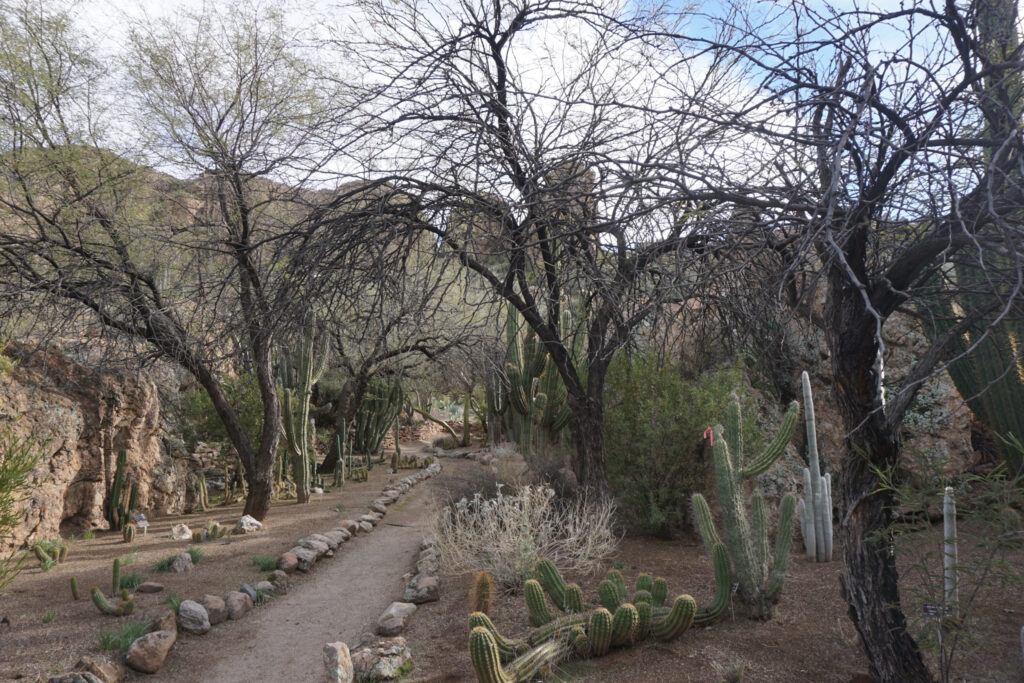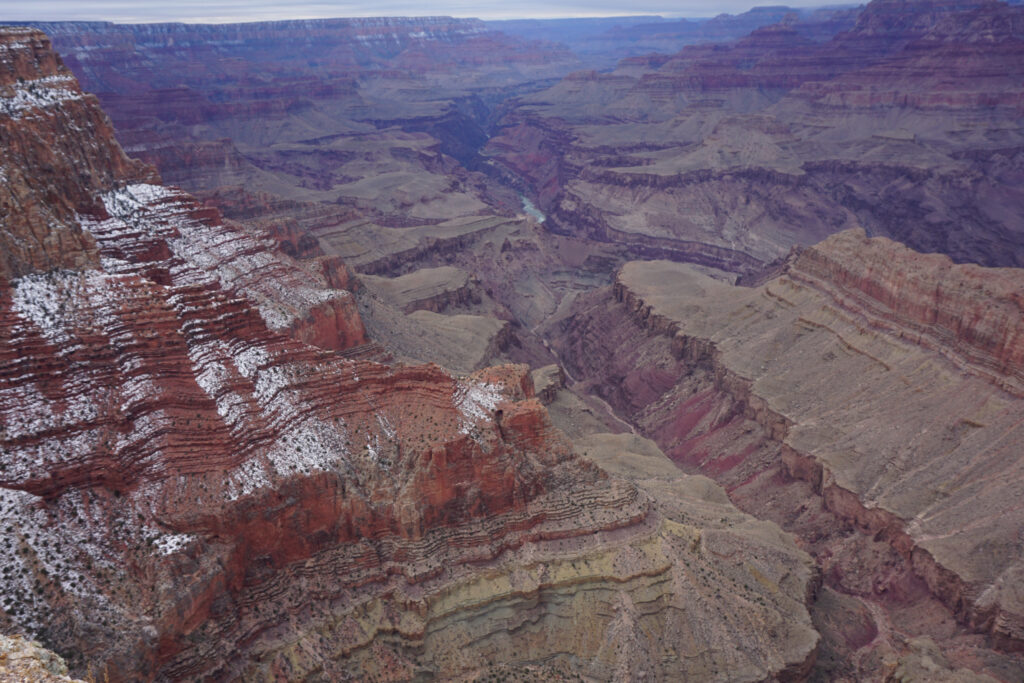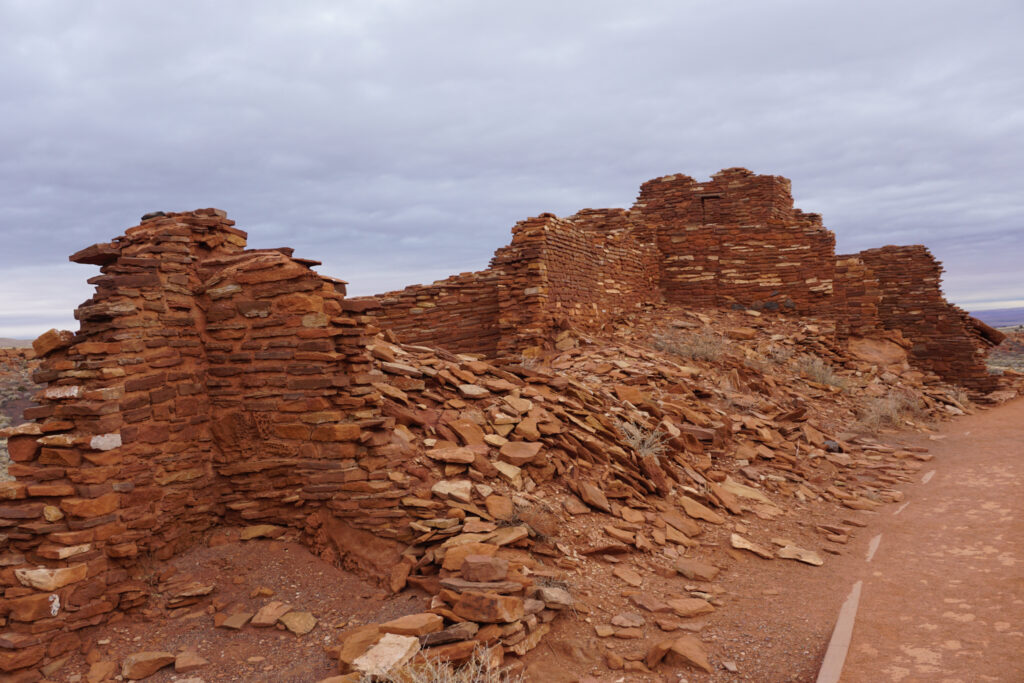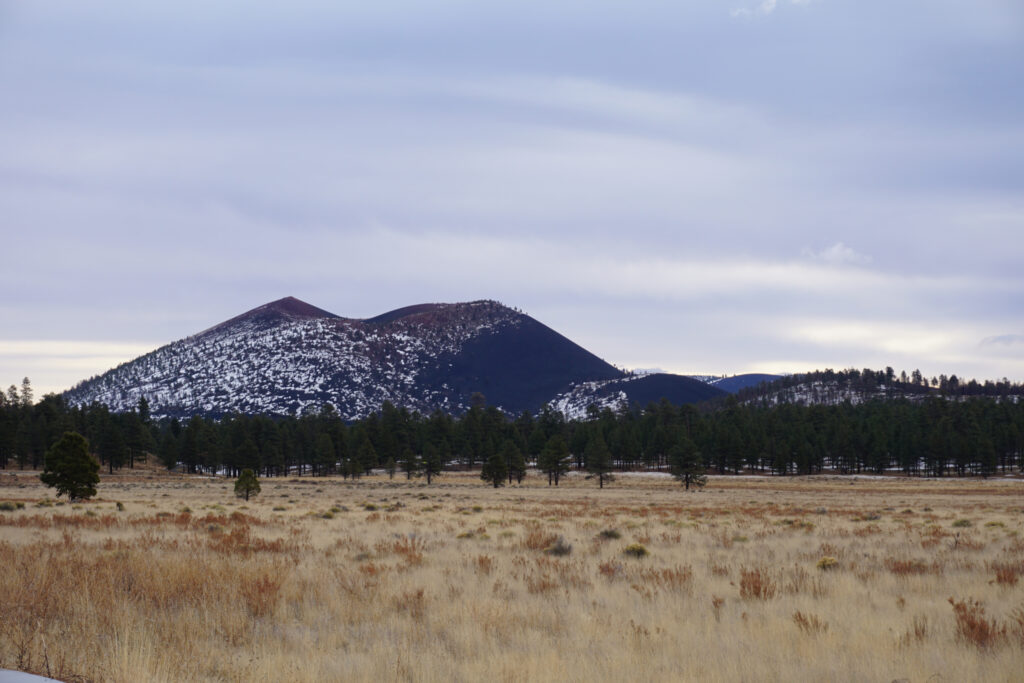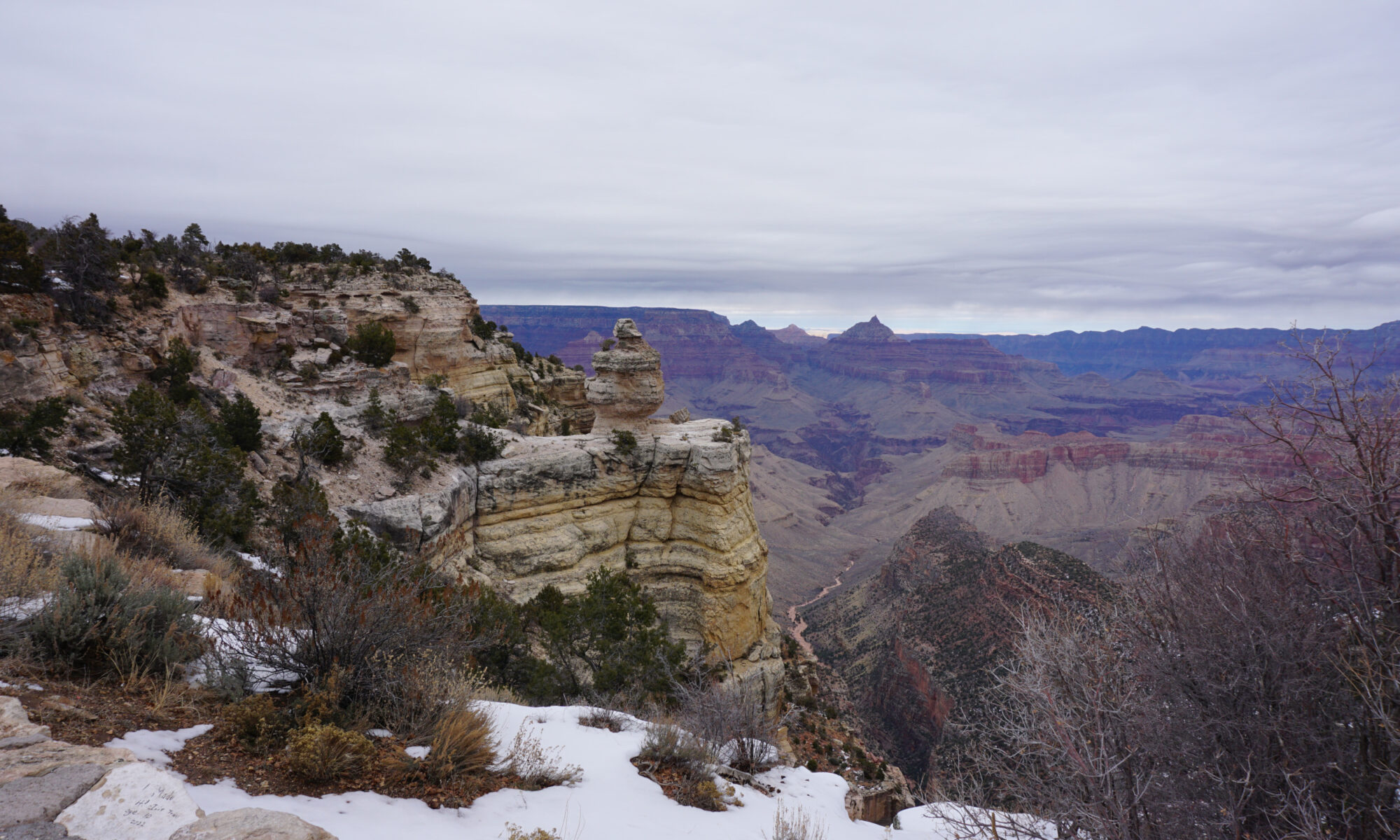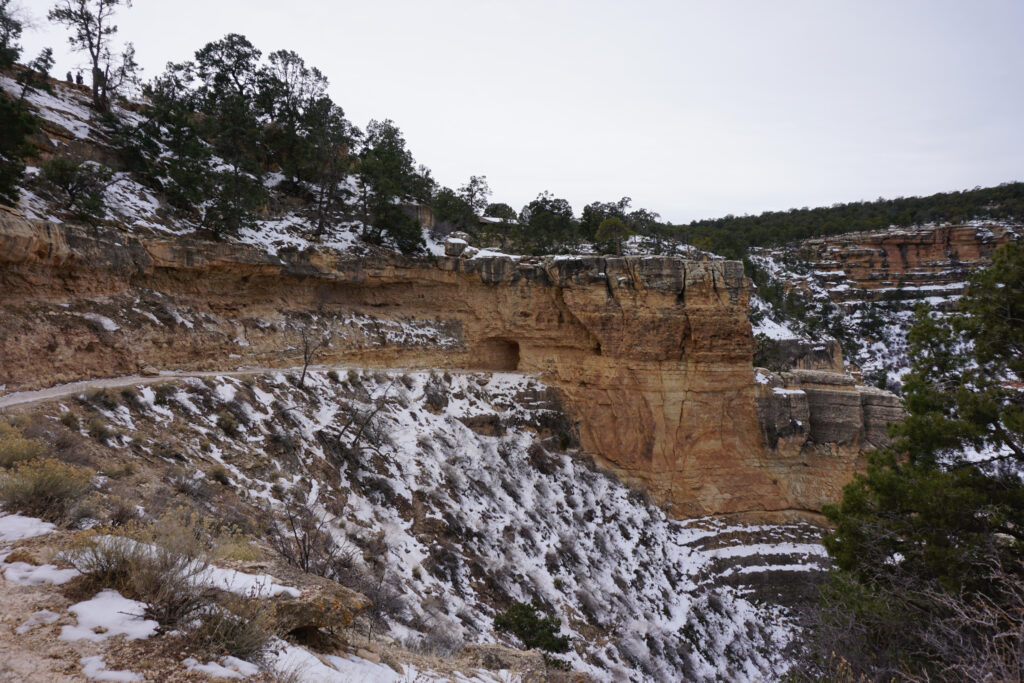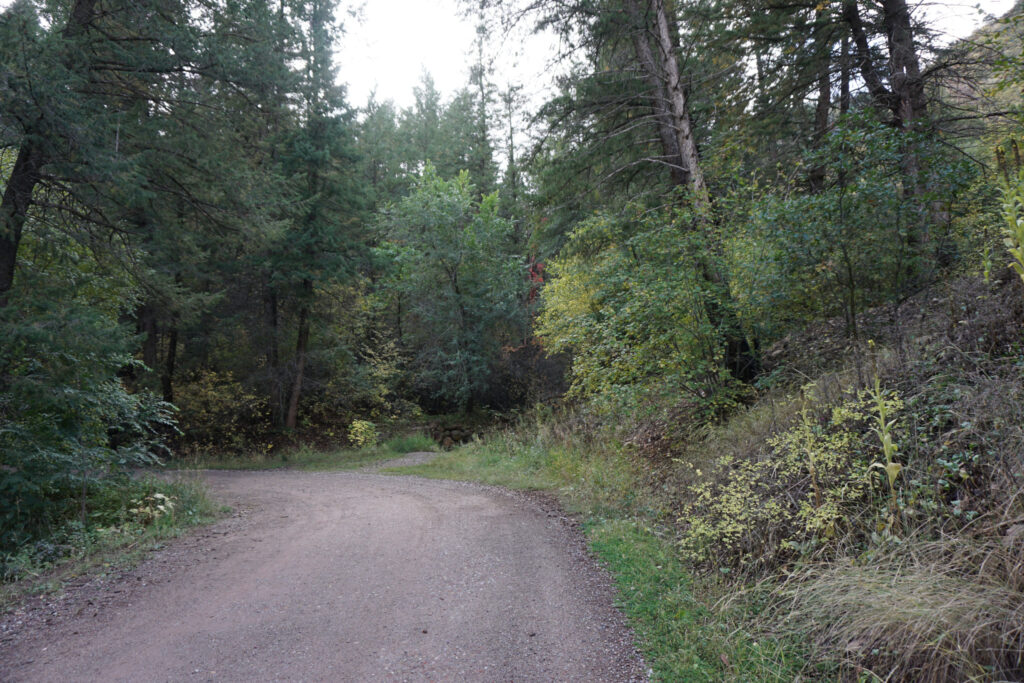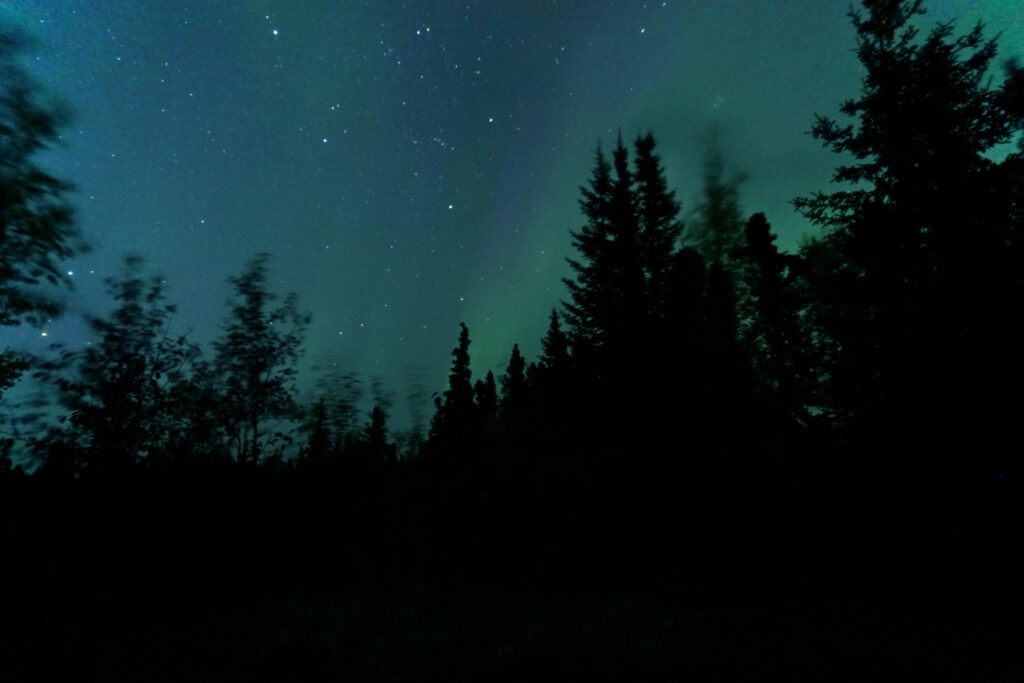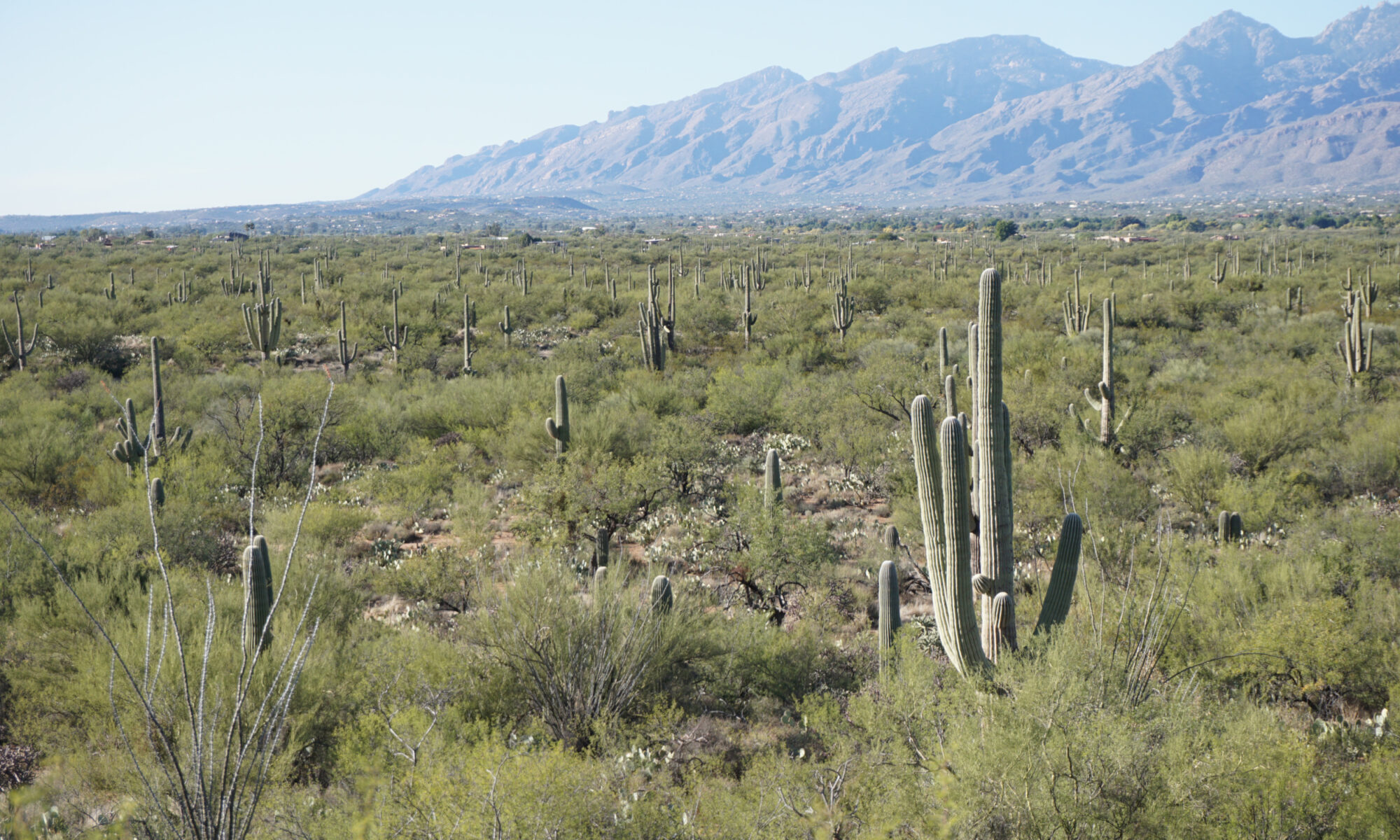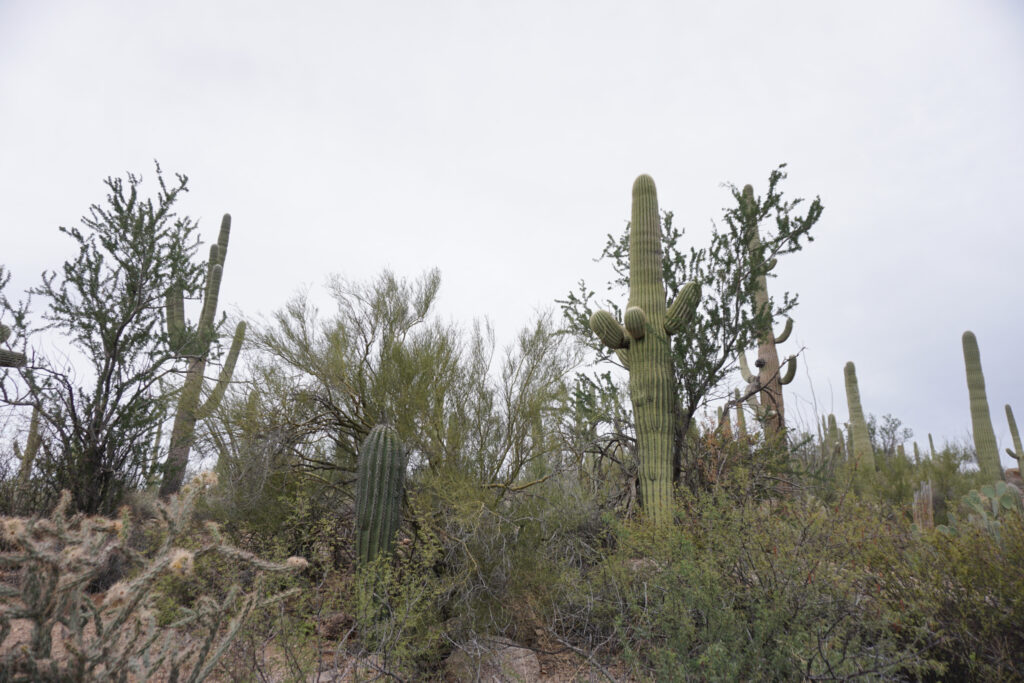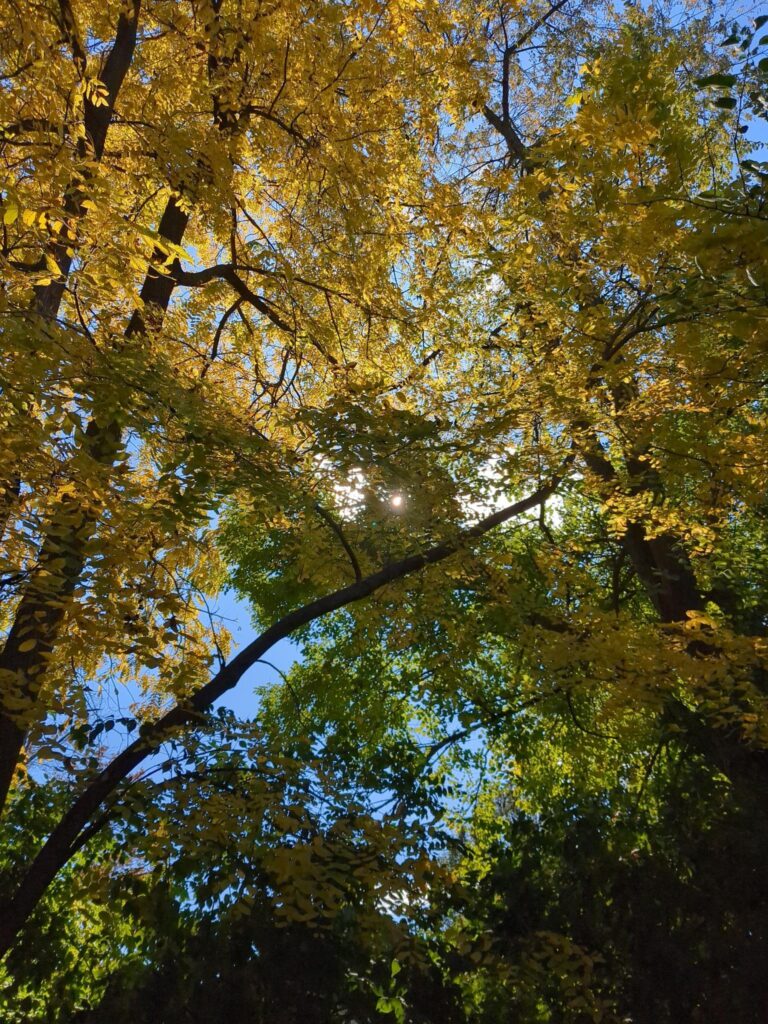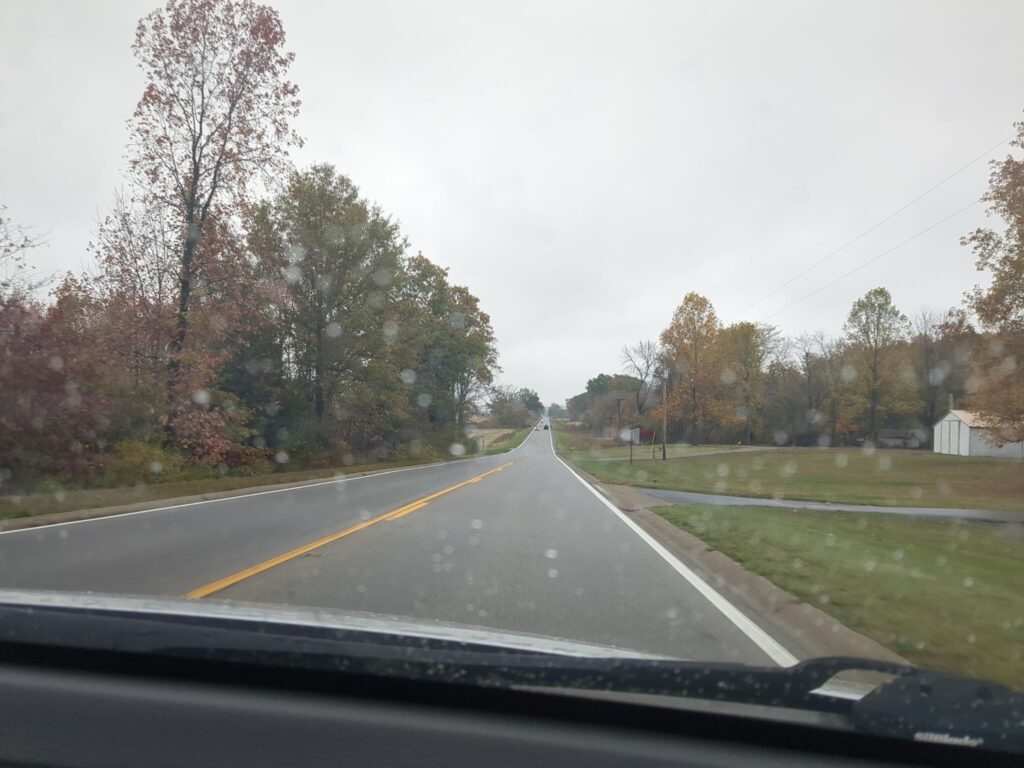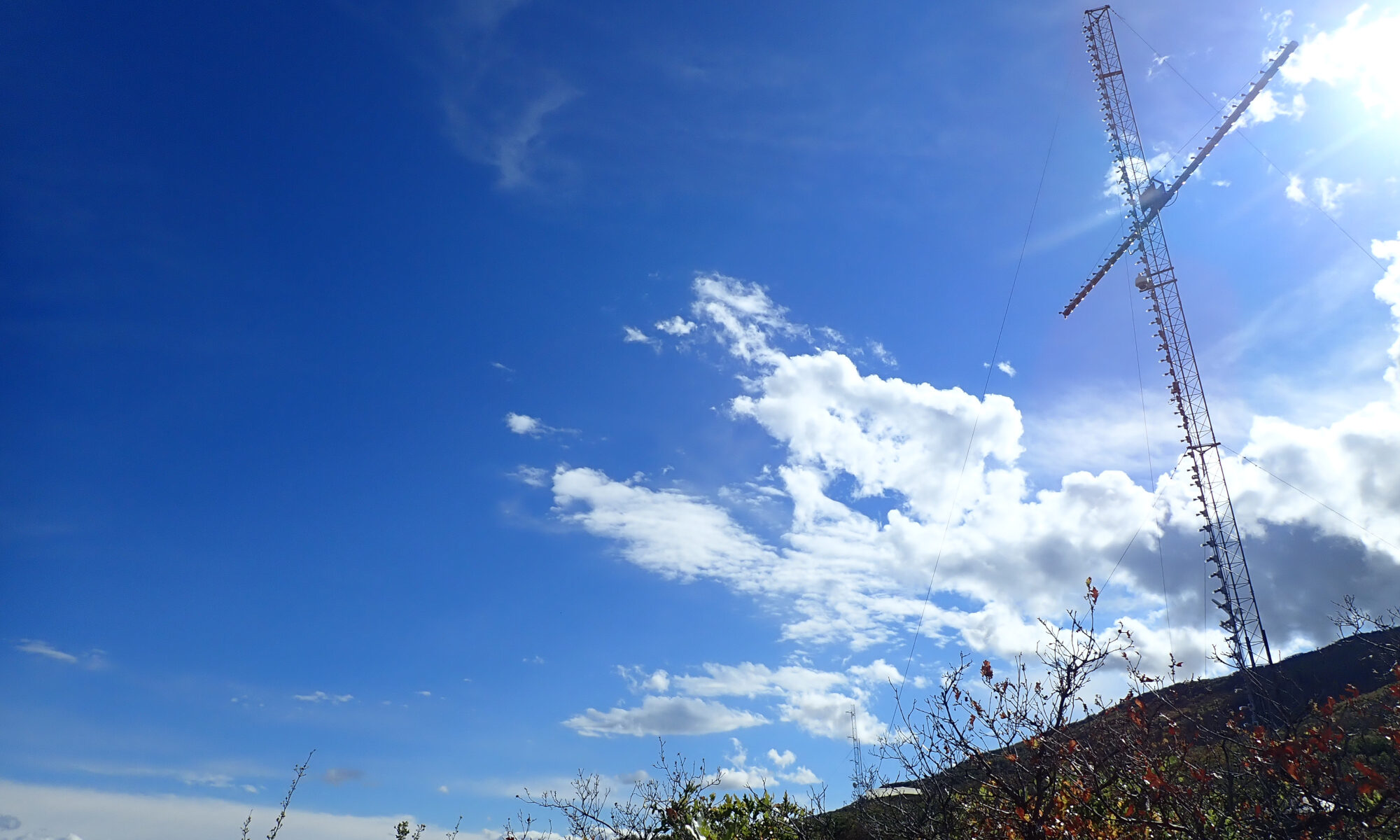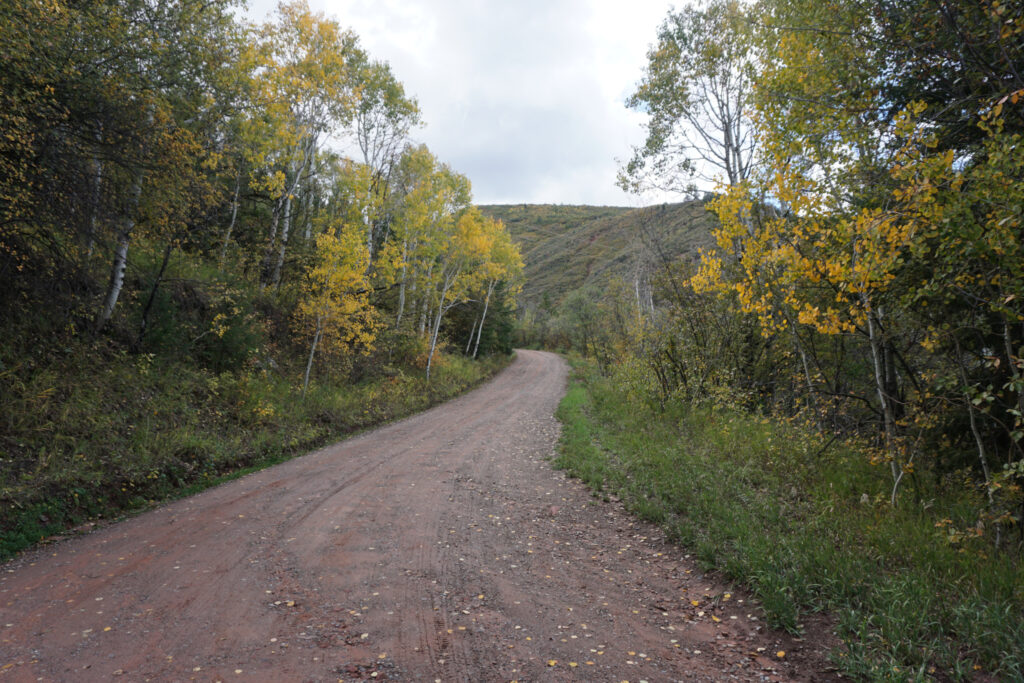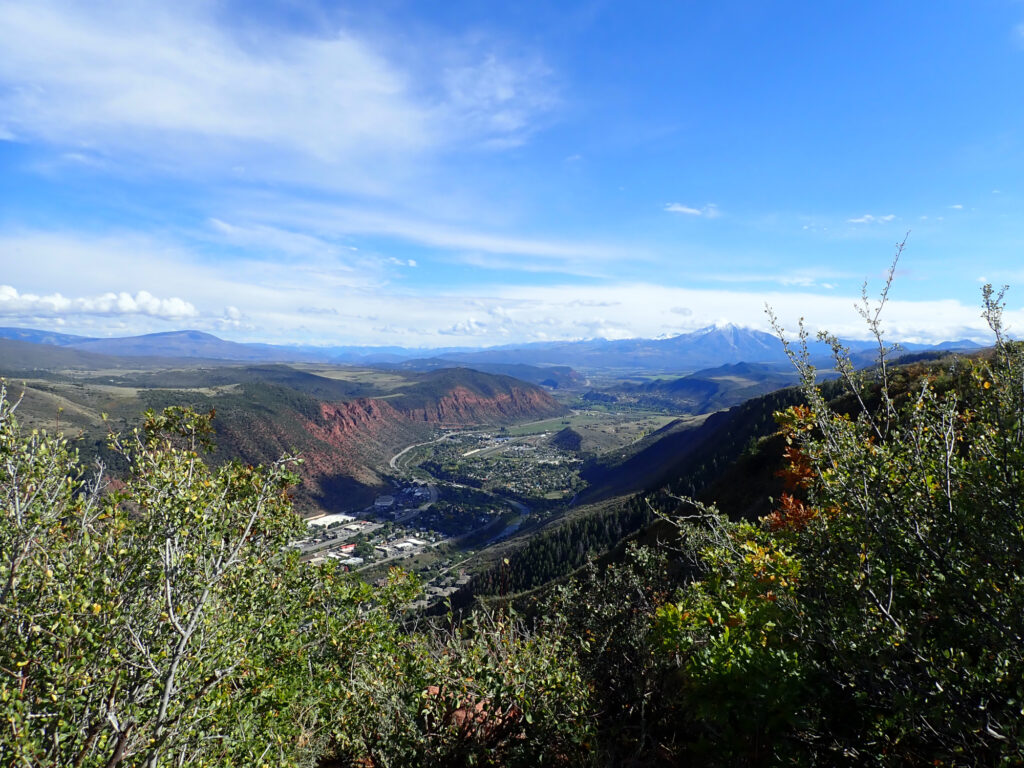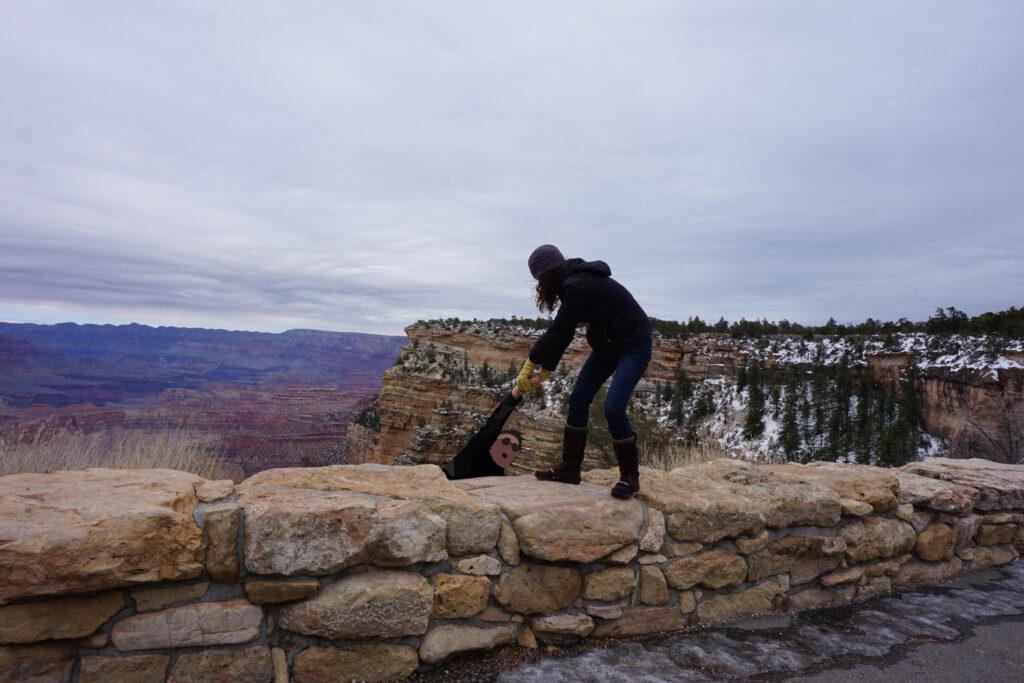
I stared over the edge of the rock wall beyond which lay ten feet of rock and patches of snow ice, followed by a precipitous drop into the Grand Canyon. Gazing at my ice-cleat-clad feet, I gulped even though the cleat’s grip made slipping almost impossible.
“Come on, Amy,” the tour guide encouraged. “Kneel behind the wall and reach up like you need help!” After my husband and I kneeled and posed as if we dangled over the edge, the tour guide encouraged me to stand on the wall. “Amy, grab your husband’s hand.”
I stood and grasped my husband’s hand, saving him from a fictitious tumble sure to break a bone or two. If this situation were reality, and I had to use my hands to pull my husband from the cliff’s ledge, would I be able to do it? Maybe, because the hands are powerful and not only in clasping, pushing, and pulling but also in praising, praying, working, as well as other things.
On the basis of my search of Bible Gateway for the word “hand”—a search pulling up 1,591 results—I know, one, that God’s hands are powerful (obviously!) and, two, that human hands are powerful too, but in a different way. Human hands can fail without God to guide them.
Human Hands
The Beautiful
- Nehemiah 8:6: Human hands praise God.
- Deuteronomy 2:7: Human hands work.
- Deuteronomy 1:25: Human hands share.
- 1 Corinthians 16:21: Human hands encourage.
- 1 Timothy 2:8: Human hands pray.
The Ugly
- Genesis 27:17: Human hands deceive.
- Matthew 17:12: Human hands bring suffering.
- Matthew 26:45: Human hands betray.
- Jonah 3:8; Number 22:29: Human hands commit violent acts.
God’s Hands: Always Beautiful
- Zechariah 4:8–10: God uses human hands to fulfill prophesy.
- Acts 6:6; 2 Kings 4:34: God uses human hands to heal.
- Judges 7:20: God uses human hands to fulfill his plan.
- Ephesians 4:17: God uses human hands to inspire faith and belief.
- Numbers 20:11: God uses human hands to provide.
- 1 Peter 5:6: God’s hand provides a place of refuge.
- Hebrews 8:9: God’s hand leads us.
- Matthew 14:31: God’s hand saves us from our doubts.
- Matthew 8:2–3: God’s hands heal.
Human hands alone, without God, are so powerful and capable. Capable of deceit as well as kindness. Able to share as well as kill. Fit for hard work as well as destruction.
With God, our hands are a powerful tool to work as if working for the Lord, to encourage one another, to share with others, to do God’s work.
